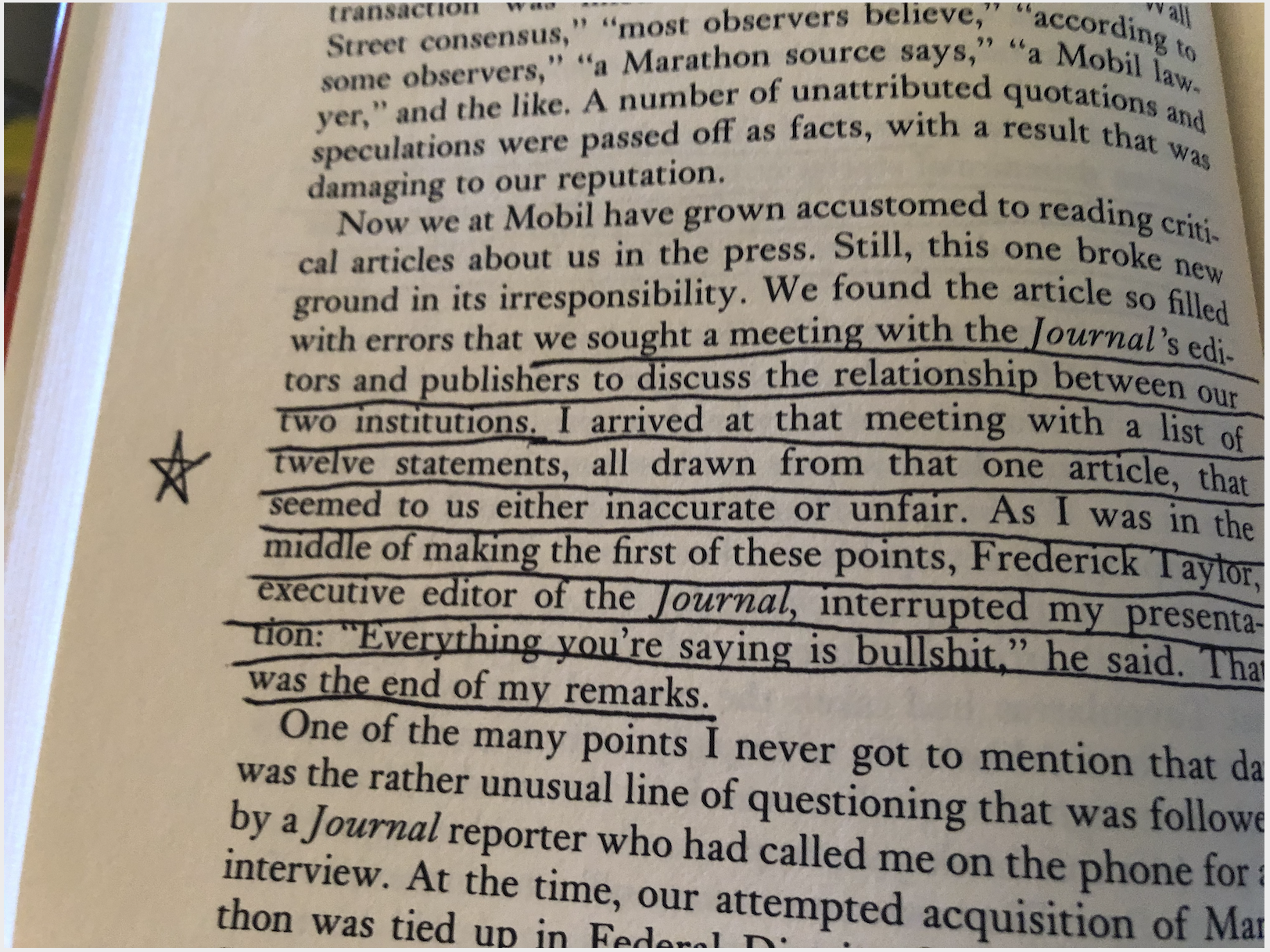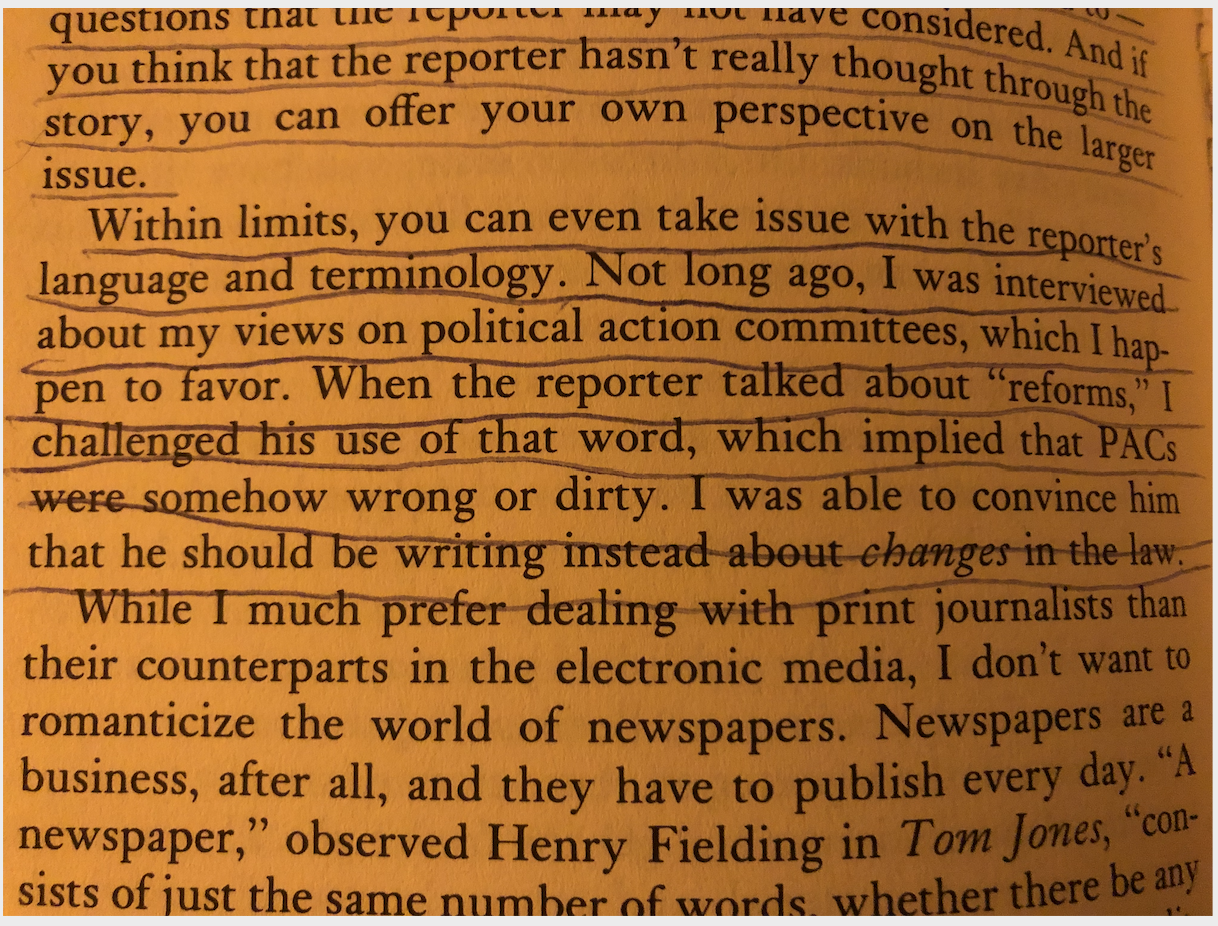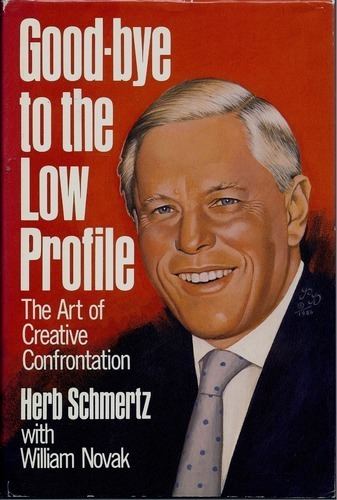“Fight back--the best defense is a good offense.” This was Herb Schmertz's key piece of advice to all businesspeople about dealing with the media. Schmertz preached a combative strategy for corporate public relations, which he had honed as a political operative in D.C. He urged businesspeople to create the illusion of access, playing hard to get with reporters requesting information or interviews, and to bring the hammer down hard on journalists, editors, and outlets who don't play ball.
Industries that use or have used it: Alcohol, automotive, food, oil, tobacco
Examples:
- Schmertz himself once famously cut the Wall Street Journal off from all information about Mobil or access to any of its executives for years when an editor there snubbed him. He encouraged fellow corporate media directors to ask journalists questions before deciding whether to cooperate; to investigate reporters; to set the agenda (and prepare) for the interview; and, if they decided the interview wasn't a good idea to “force them (the journalists) to say no by requesting conditions they can’t possibly accept.”
- Schmertz didn't necessarily invent the idea of "objectivity" in media, but he certainly bullied multiple journalists and editors into embracing the idea that they couldn't write critically about an industry without presenting the industry's side, and he encouraged many of his colleagues to do the same. Today it's still common practice. Consider the difference between these two approaches:
- False equivalence: “President Obama claims that he was born in the United States and thus is eligible to serve as president; his critics disagree on both counts.”
- Actual truth: “Barack Obama was born in Hawaii in 1961; a persistent ‘birther’ movement denies this fact.”


